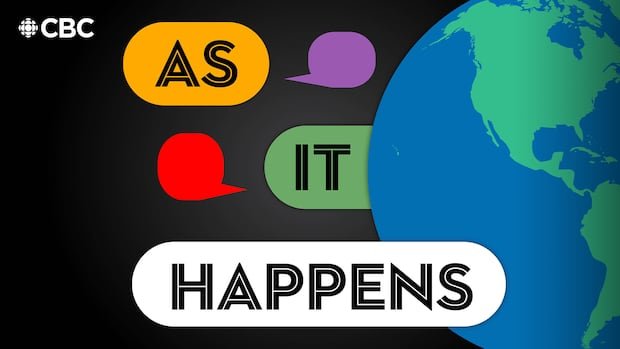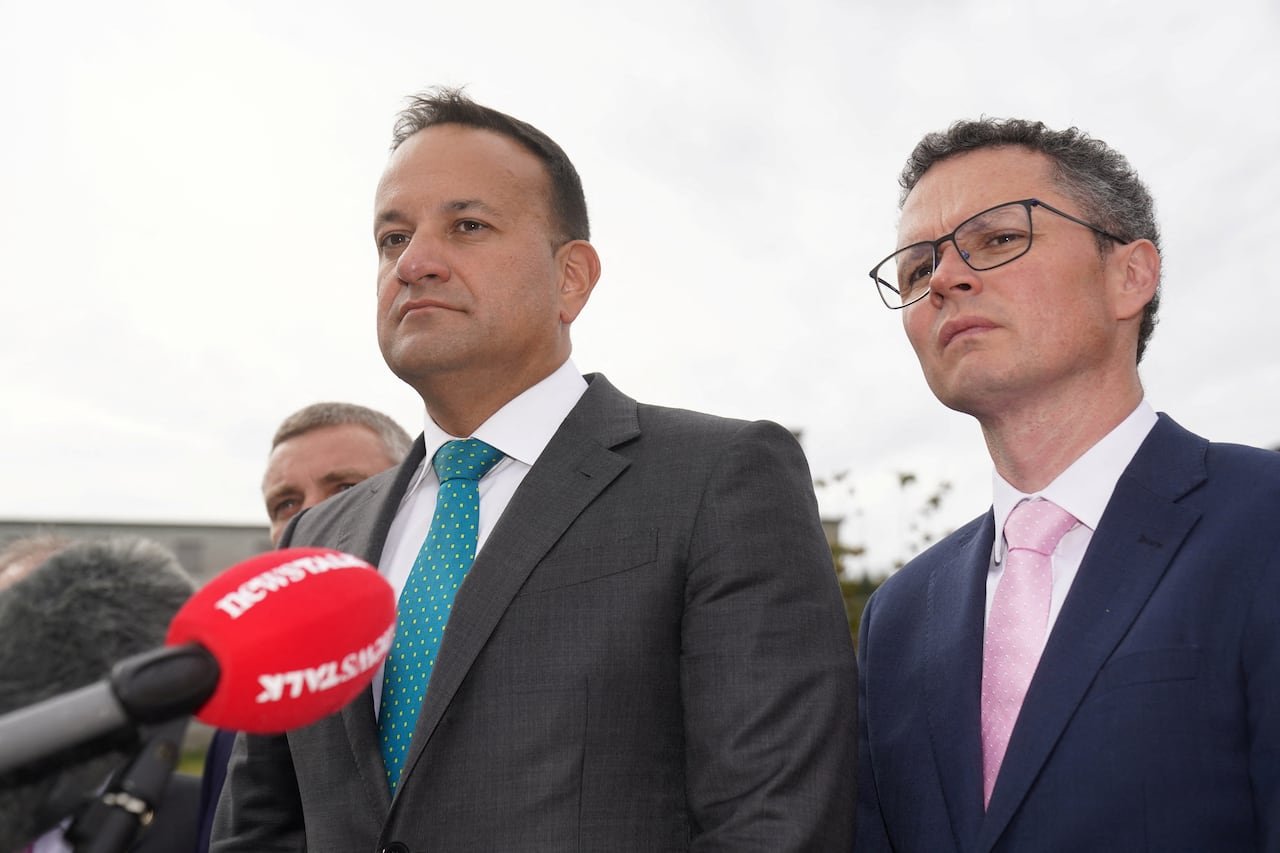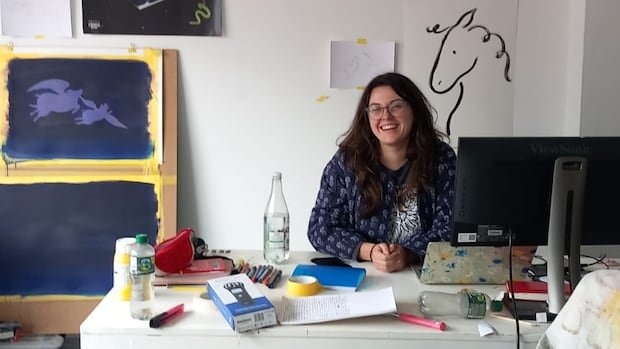
Elinor O’Donovan reveals that Ireland’s basic income initiative for artists has completely transformed her life and work for the better.
The Dublin-based artist participated in Ireland’s experimental program that provided 2,000 artists and creative workers with a weekly stipend of €325 ($528.90 Cdn) from 2022 to 2025.
“It’s a significant change,” O’Donovan stated in a conversation with As It Happens guest host Saroja Coelho. “It has had a profound impact on my work and overall well-being.”
Recently, Ireland decided to make the program permanent due to the positive impact it had on society, outweighing the government’s costs.
Supporters of universal basic income in Canada are pleased with the decision, hoping it will encourage the implementation of a similar, broader program in the country.
Despite reports from the Parliamentary Budget Office suggesting that basic income could help reduce poverty, experts caution Canadians against high expectations.
Ireland highlights benefits of the program
Basic income refers to a policy where the government provides individuals with unconditional cash transfers to meet their basic needs.
In 2022, Ireland introduced Basic Income for the Arts (BIA), a trial program aimed at aiding the arts sector in recovering from losses during the COVID-19 pandemic.
“This initiative is internationally admired and a remarkable achievement for Ireland, deserving of long-term sustainability,” remarked Patrick O’Donovan, Ireland’s culture minister, during the unveiling of the 2026 budget.

Although costly, the trial program proved to be cost-effective, according to the minister.
Overall, the government reports spending €105 million ($170.8 million Cdn) on the BIA. However, an external study by Alma Economics concluded that these expenses were offset by increased audience engagement with the arts, higher tax revenue, reduced social welfare costs, and enhanced mental well-being for participants.
Taking these advantages into account, the study estimates that the net cost of the trial was €72 million ($117.1 million Cdn).
“From a financial perspective, it’s immensely beneficial,” Elinor O’Donovan commented. “But beyond that, I believe there is an intangible value that the arts contribute to culture and society at large, which is challenging to quantify but remains incredibly valuable.”</

